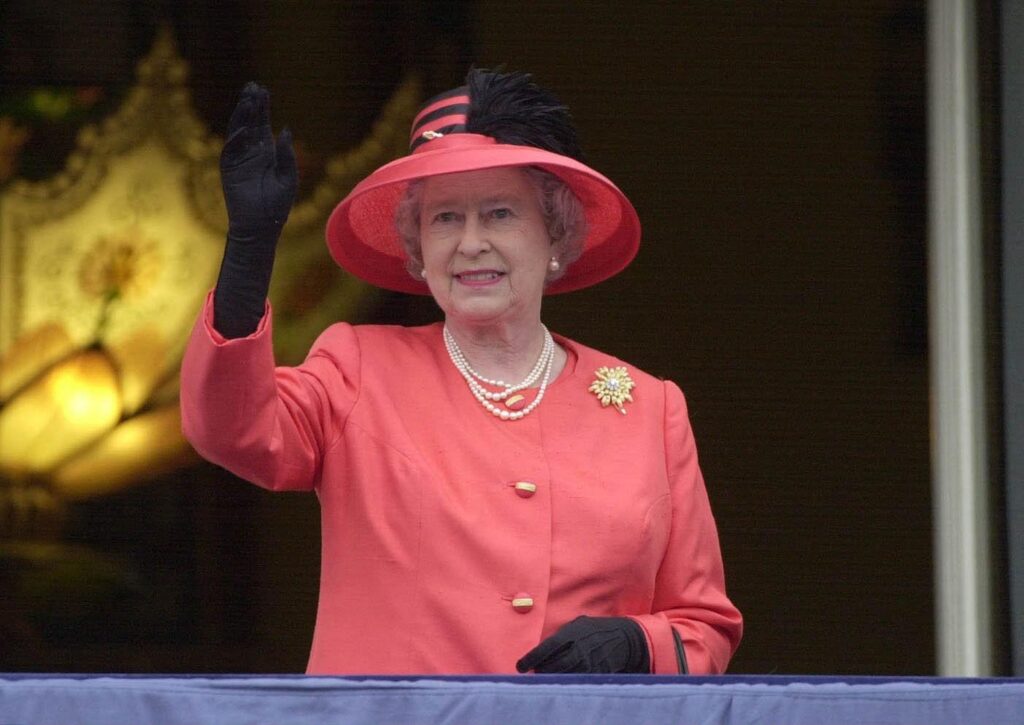Former UK Prime Minister Boris Johnson has revealed that Queen Elizabeth II was diagnosed with bone cancer before her death.
Johnson made the shocking claim in his upcoming memoir. Royal author Gyles Brandreth also mentioned rumors of the queen’s cancer in his book.
After Queen Elizabeth II’s passing in 2022, her official cause of death was linked to “old age.”
Article continues below advertisement
Boris Johnson Discusses Queen Elizabeth II’s Health And Their Final Meeting
In his upcoming memoir, “Unleashed,” Boris Johnson wrote that the queen was diagnosed with bone cancer in her final years.
He also reflected on his relationship with the late monarch, including details from their last encounter at Balmoral Castle in September 2022, just days before her passing.
In excerpts obtained by the Daily Mail, the former Mayor of London wrote: “I had known for a year or more that she had a form of bone cancer, and her doctors were worried that at any time she could enter a sharp decline.”
Before their meeting, her private secretary, Edward Young, reportedly informed Johnson that the queen’s health had “gone down quite a bit over the summer.”
Article continues below advertisement
Describing the meeting, Johnson noted that Elizabeth “seemed pale and more stooped, and she had dark bruising on her hands and wrists, probably from drips or injections.”
However, he emphasized that “her mind – as Edward had also said – was completely unimpaired by her illness, and from time to time in our conversation she still flashed that great white smile in its sudden mood-lifting beauty.”
Article continues below advertisement
Boris Johnson Reveals Queen Elizabeth II’s Final Advice To Him
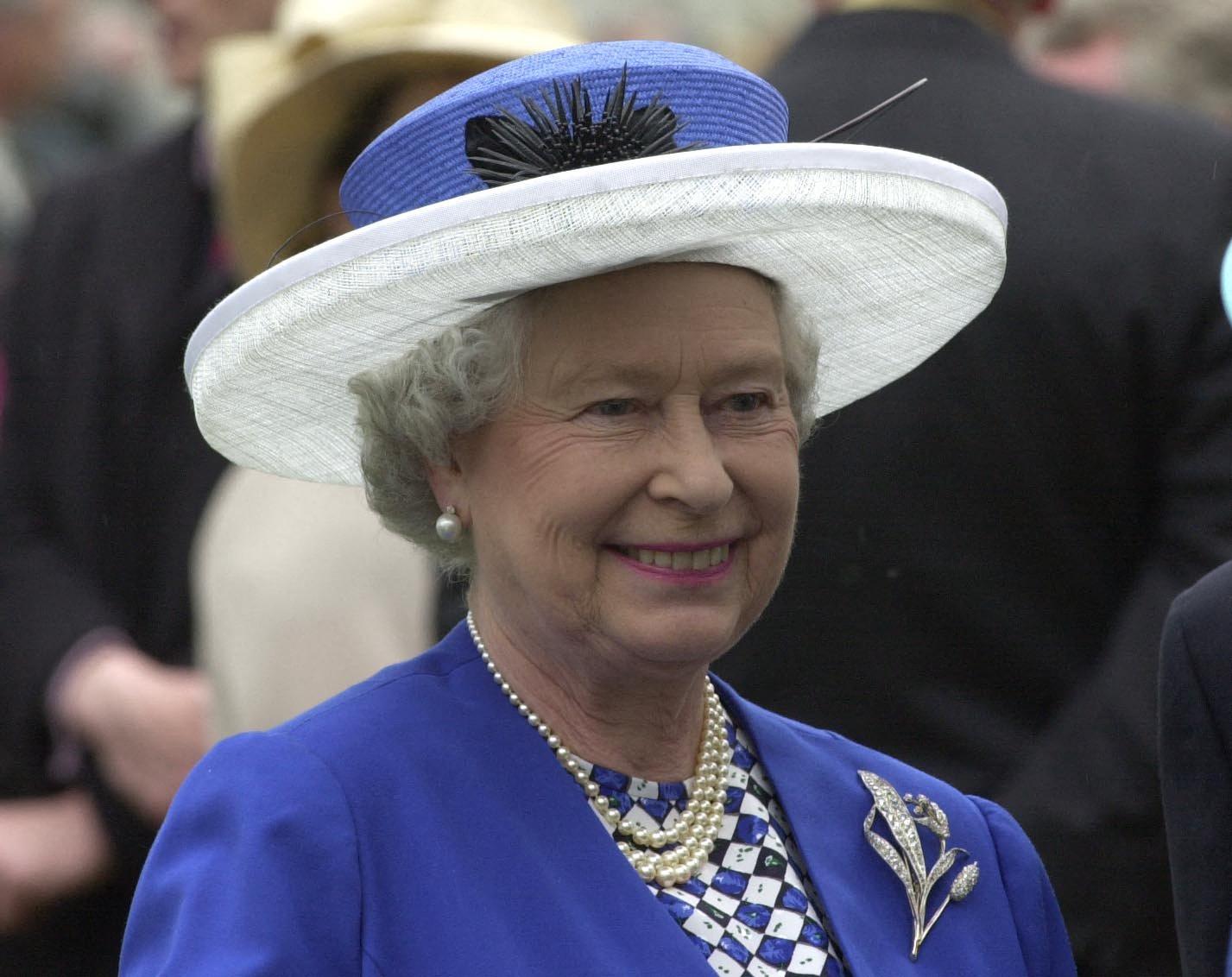
Johnson revealed that the queen “had known all summer that she was going, but was determined to hang on and do her last duty” by overseeing the “peaceful and orderly transition of power to his successor, Liz Truss.
During their meeting, Johnson, who served as the 14th Prime Minister under the queen’s remarkable 70-year reign, officially resigned from his position.
He also recounted the monarch’s final piece of advice to him: “There’s no point in bitterness.”
Johnson reflected on the wisdom of her words, adding that “if everyone in politics – and life – could see that as clearly as she did, the world would be a much, much happier place.”
Queen Elizabeth II passed away just two days after their meeting at the age of 96.
Article continues below advertisement
Royal Author Gyles Brandreth Earlier Hinted At The Queen’s Cancer Diagnosis
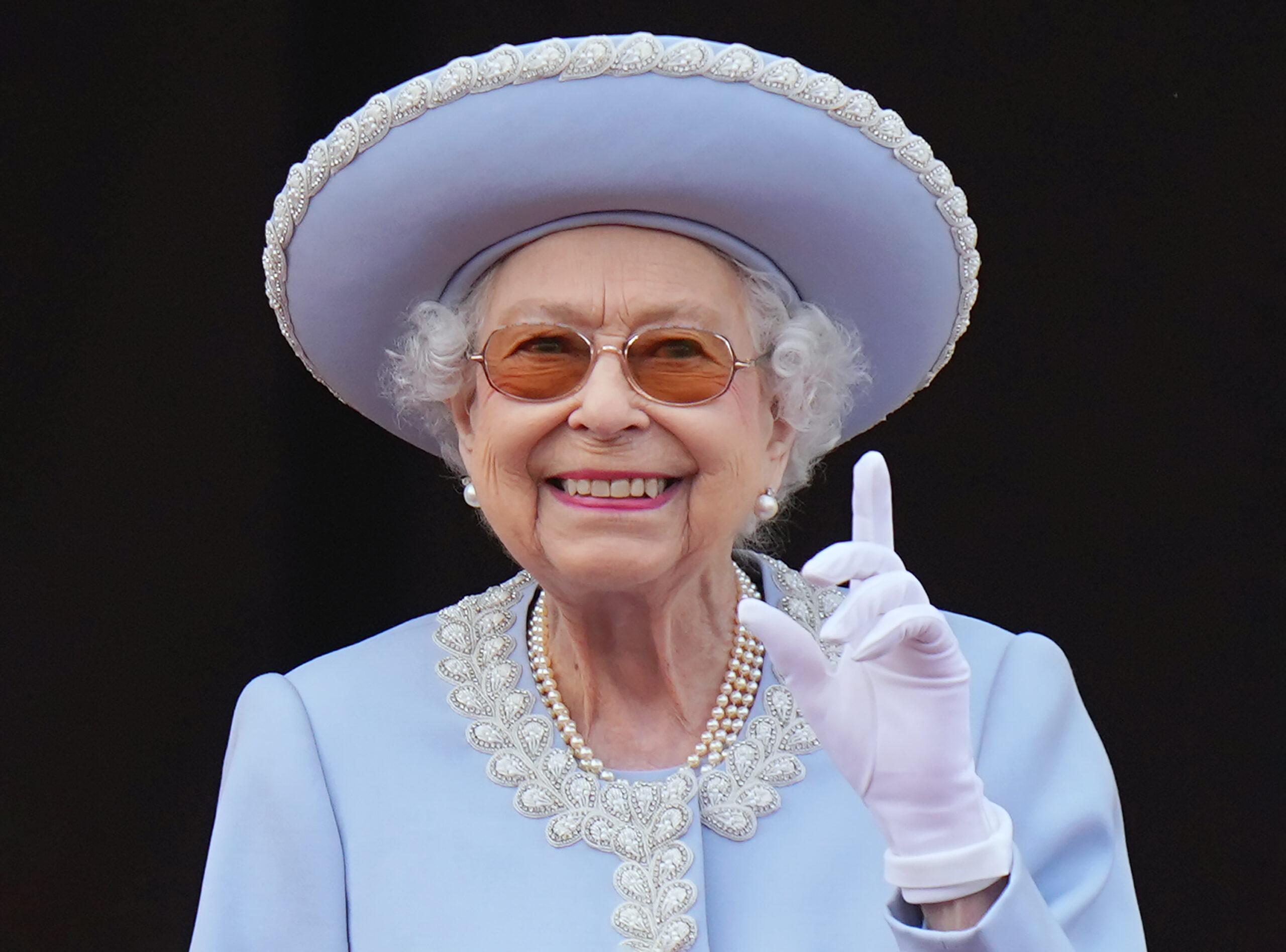
Johnson is not the first to suggest that Elizabeth was diagnosed with cancer in her final years.
Royal author Gyles Brandreth mentioned in his December 2022 book, “Elizabeth: An Intimate Portrait,” that there were rumors about the queen having a rare form of myeloma, a type of bone marrow cancer.
Brandreth noted that the diagnosis “would explain her tiredness and weight loss, and the ‘mobility issues’ we were often told about during the last year or so of her life.”
Despite these claims, the official cause of the queen’s death was listed as “old age,” and the palace has never released detailed medical records.
Following her passing, her eldest son, King Charles III, 75, became king. He has since been diagnosed with an undisclosed type of cancer and is currently undergoing treatment.
Article continues below advertisement
King Charles III Reflects On Queen Elizabeth II’s Final Days At Balmoral
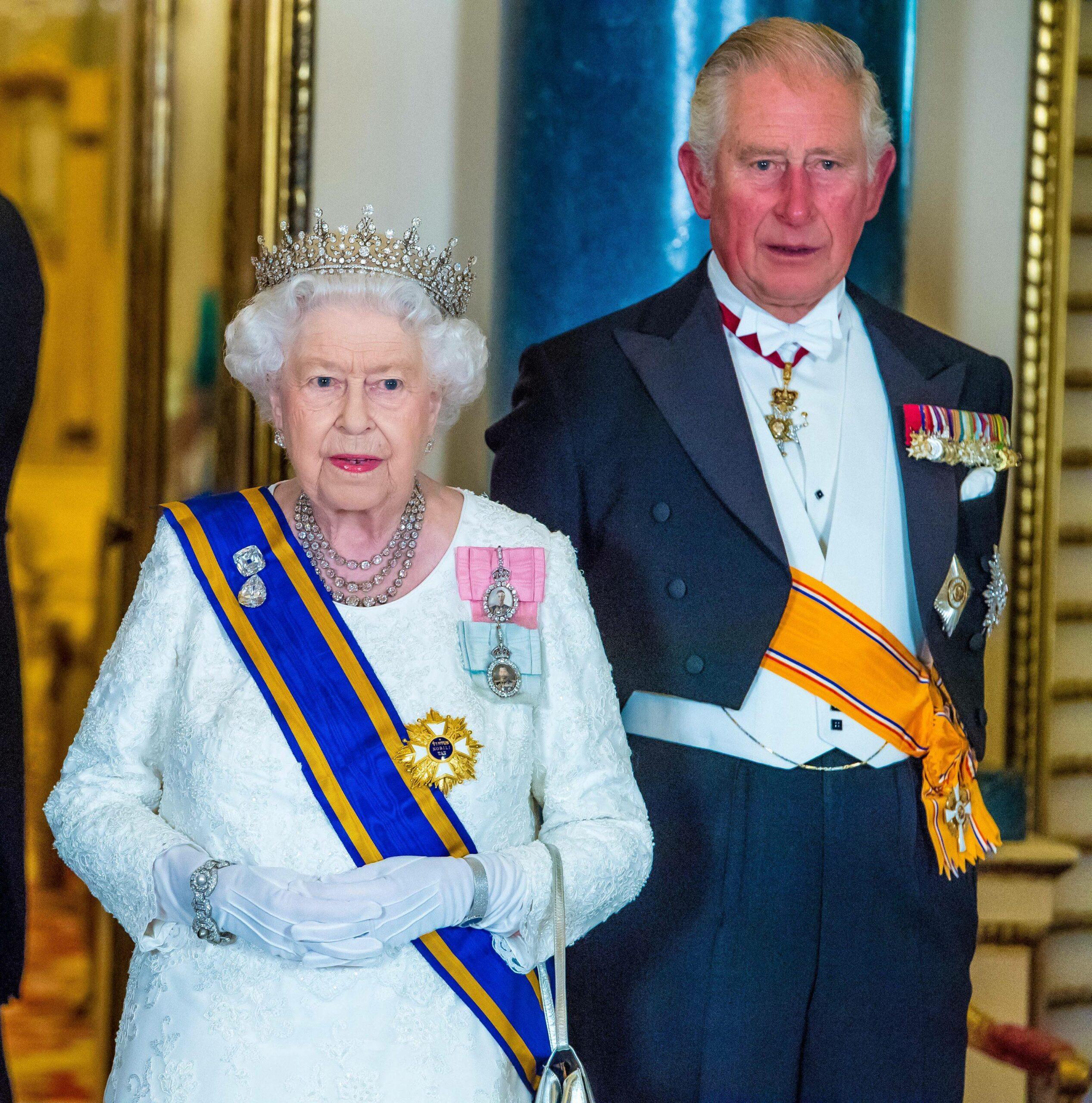
Two years after Elizabeth’s passing, King Charles, in a speech at the Scottish Parliament on September 30, shared insights into his mother’s decision to spend her last days at Balmoral.
Dressed in a kilt, he said, “Speaking from a personal perspective, Scotland has always had a uniquely special place in the hearts of my family and myself.”
Charles added: “My late mother especially treasured the time spent at Balmoral, and it was there, in the most beloved of places, where she chose to spend her final days.”
The Queen Was Worried About Passing Away At Balmoral
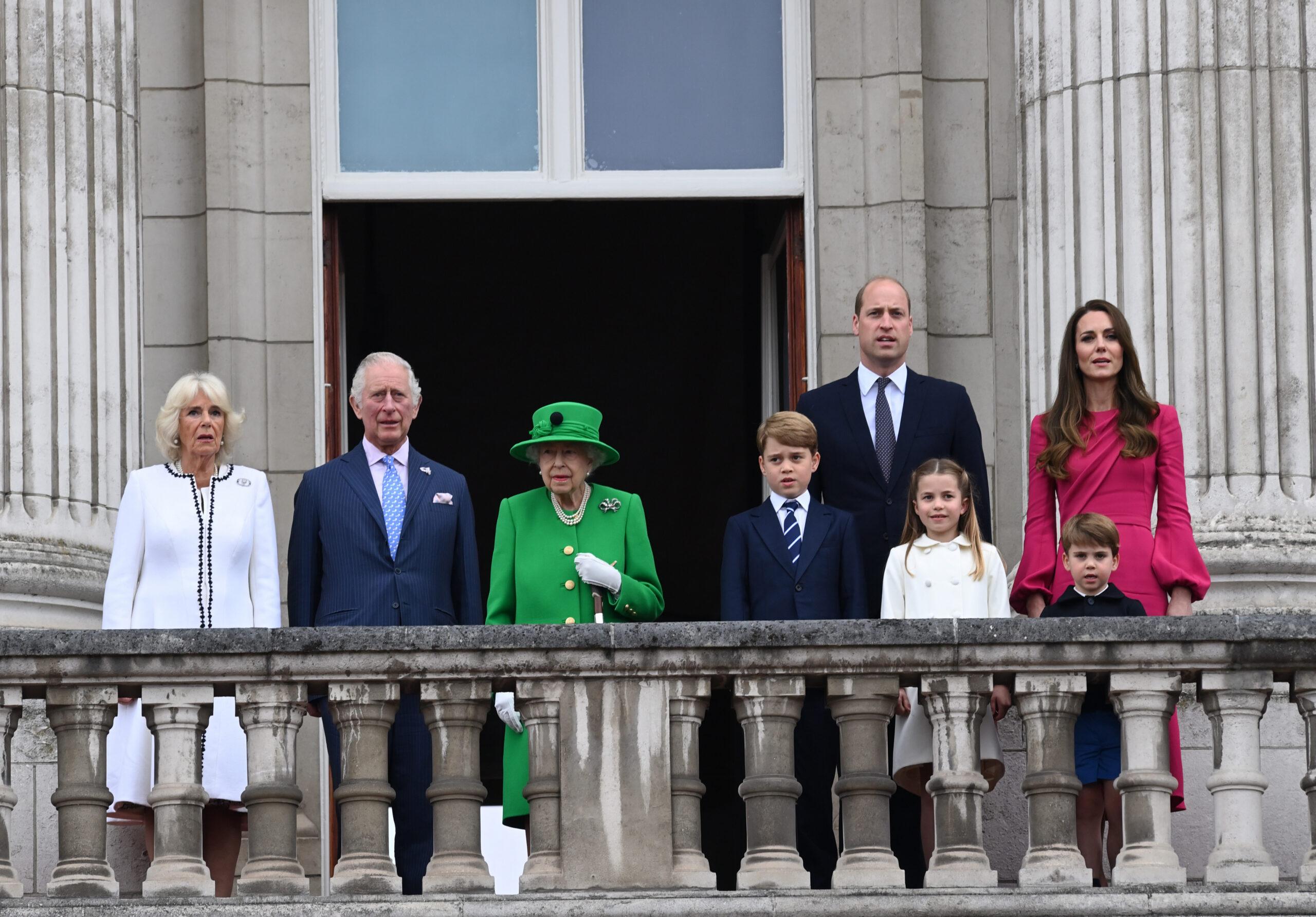
According to People Magazine, in the documentary “Charles III: The Coronation Year,” Princess Anne revealed that the queen had concerns about dying in Balmoral, fearing it would make things “difficult.”
However, Anne noted that the royal family did their best to convince her to enjoy Balmoral and that her worries should not be part of the decision-making process.
“We did try and persuade her that that shouldn’t be part of the decision-making process,” Anne said. “I hope she felt that that was right in the end because I think we did.”

